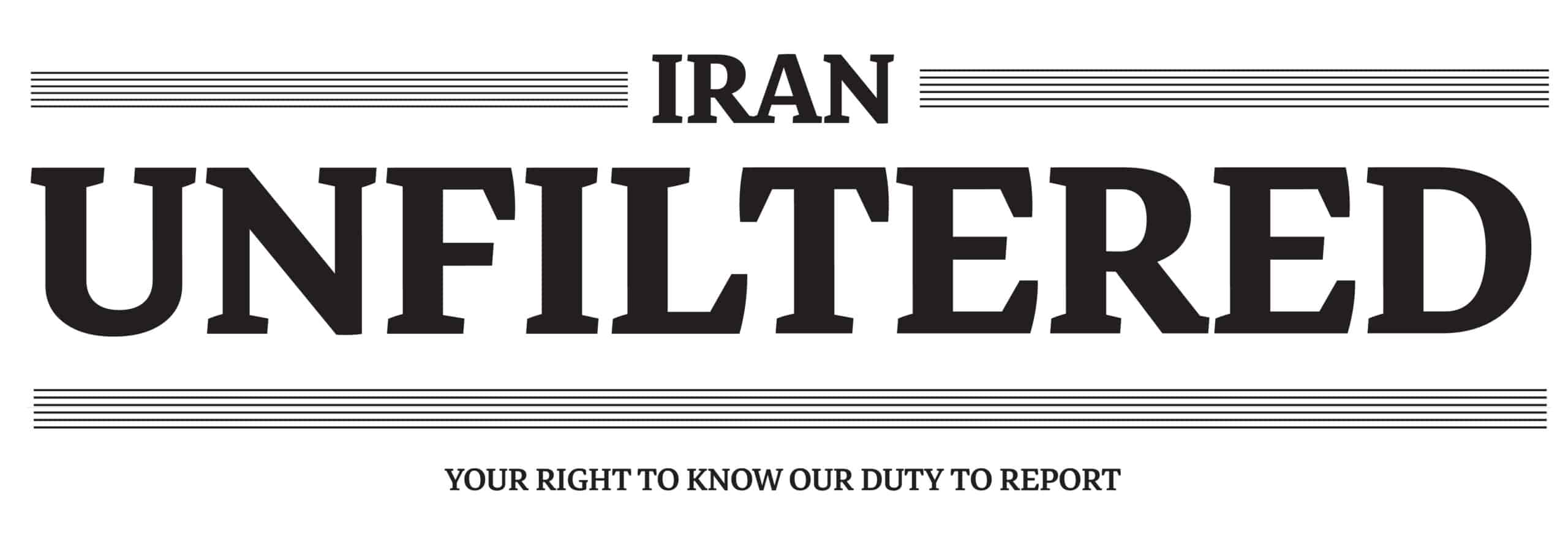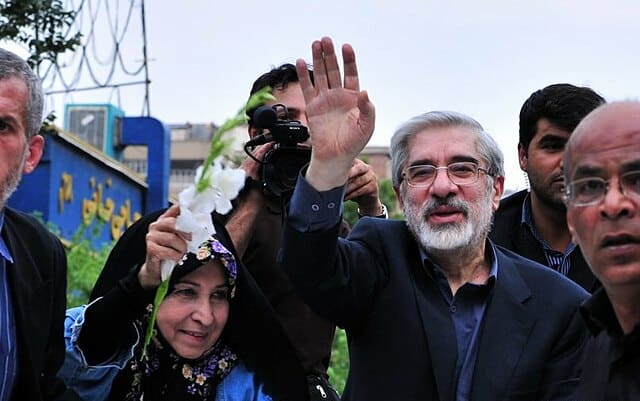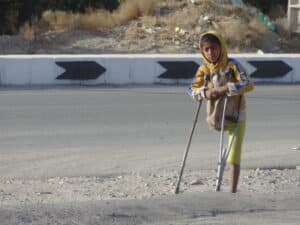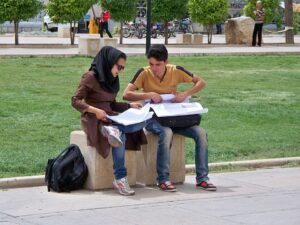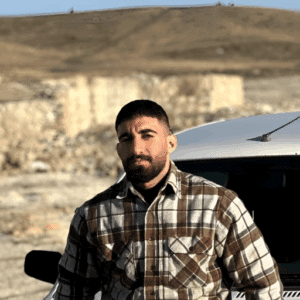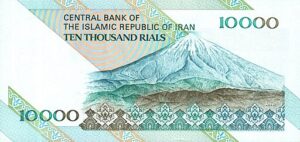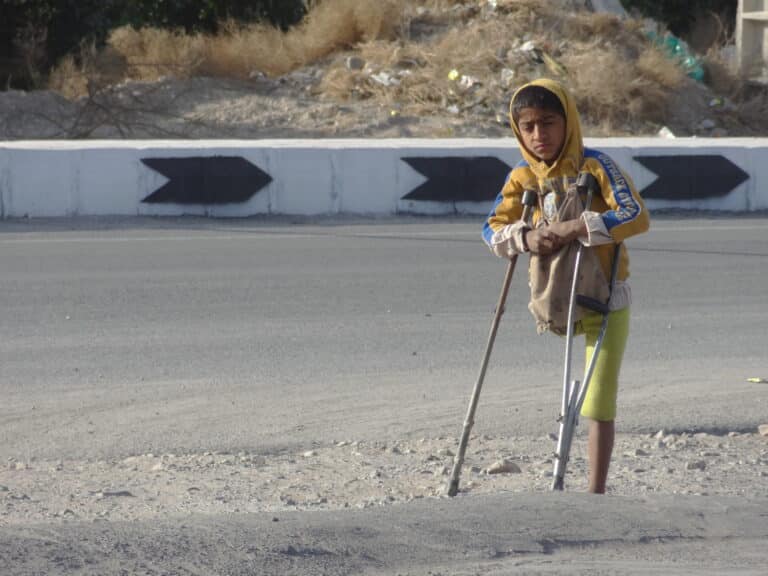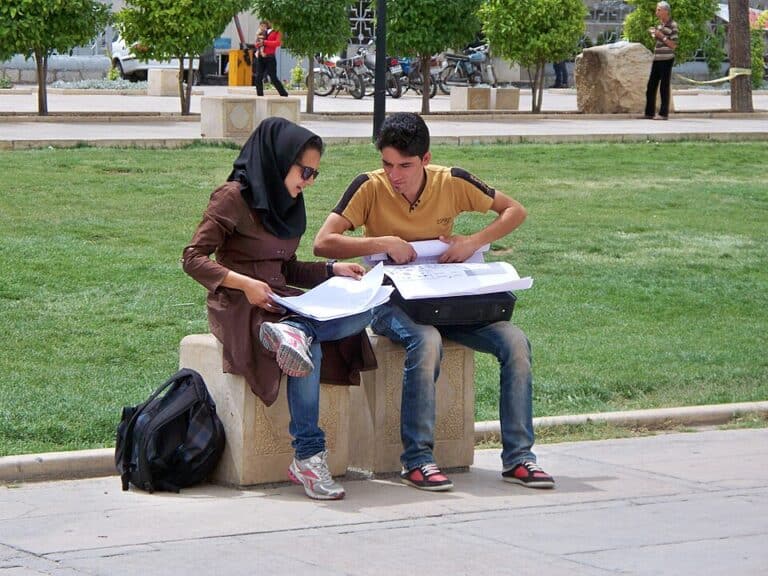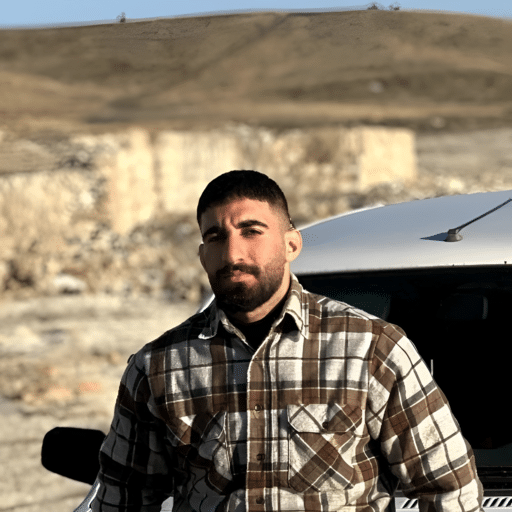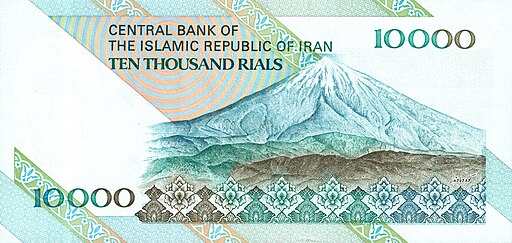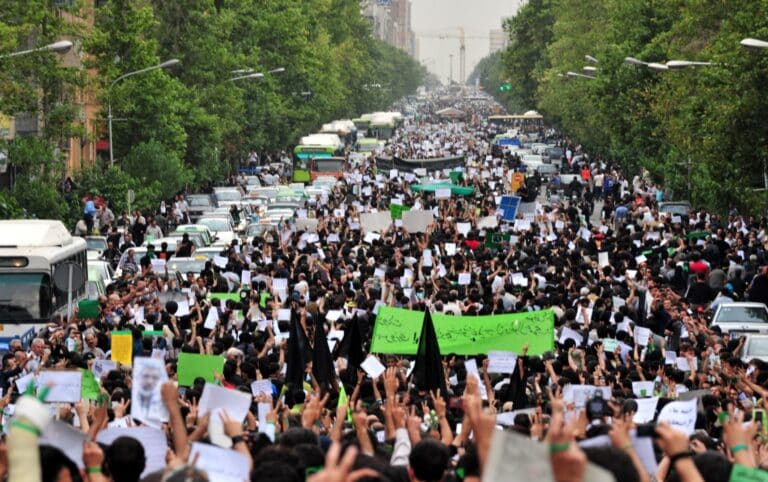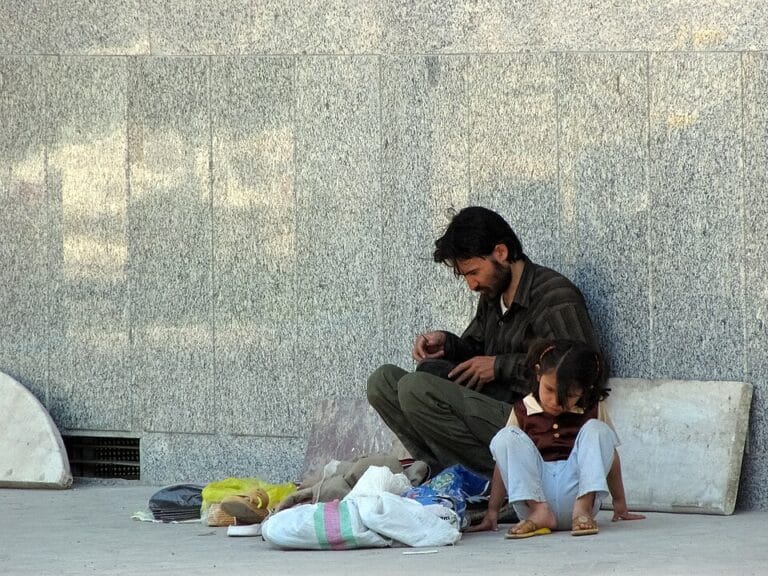New national poll finds 62% of citizens back the call for a referendum and a new constitution
In a rare large-scale political survey conducted within the Islamic Republic, nearly two-thirds of adult Iranians expressed support for Mir Hossein Mousavi’s call for a referendum on drafting a new constitution. Conducted in late July 2025 by the international research firm IP on behalf of the New Future Group, the survey came to our attention after its results were widely shared across Iran earlier today through social media platforms.
The poll reveals that 62% of respondents are in favor of Mousavi’s proposal, with 17% opposed and 21% undecided. The survey, encompassing 3,205 participants across all provinces, was carried out between July 27th and 29th, 2025, with a reported margin of error of up to 7%.
Mr. Mousavi, a former prime minister and figurehead of the 2009 Green Movement, emerged again in July 11, 2025 with a statement that cut against the ideological fabric of the Islamic Republic. From his long-standing house arrest, he issued a public call for a national referendum to determine whether Iran should convene a constituent assembly tasked with drafting a new constitution. His proposal is rooted in what he terms a “deadlock” in the current system — a framework, he says, that has ceased to reflect the collective will of the people.
His envisioned alternative would be a constitution based on democracy, national sovereignty, human rights, and the people’s right to self-determination — values largely absent from the governing architecture of the current regime. Crucially, Mousavi does not advocate for incremental reform within the Islamic Republic’s institutions but rather for a complete re-foundation of Iran’s political contract, one that would derive its legitimacy from popular consensus rather than religious decree.
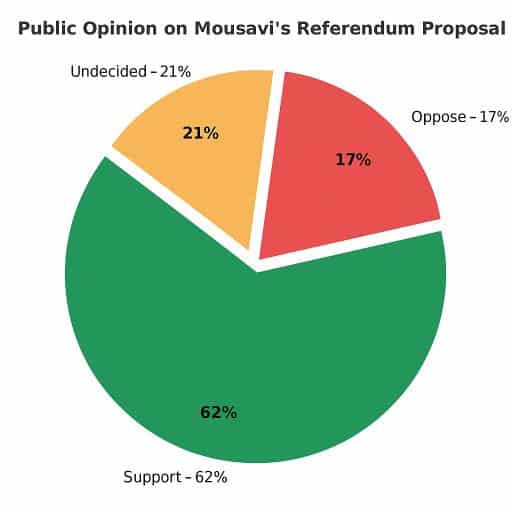
The numbers behind the poll suggest that this vision resonates broadly with the Iranian public. That 62% of respondents — despite the climate of repression, censorship, and fear — expressed clear support indicates more than just ideological sympathy; it suggests a populace quietly hungry for structural change. The poll’s findings also reflect the waning legitimacy of a political system that has relied for decades on coercive continuity, while failing to deliver economic security, civil freedom, or geopolitical stability.
Whether the regime listens to this undercurrent is another question. But the public’s answer, for now, seems clear: Iran’s constitution, like its rulers, may no longer be untouchable.
